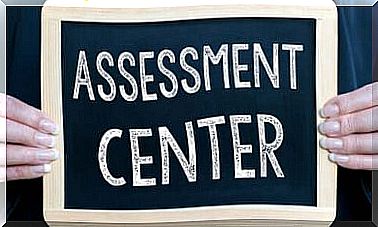Face The Fear

Fear is neither good nor bad; it depends on the circumstances surrounding you. However, within this relativism, we can say that it is human.
Many different situations cause us fear, from a snake or a mouse to the feeling of loneliness, even though we are surrounded by thousands of people. We can say that a snake or a lion can arouse a logical fear, because they are animals that can really hurt us. A spider or a mouse, on the other hand, looks very small.
We see his softer side when, in a few seconds, he manages to activate our body to face some danger. What if the danger is a lion? Does fear always show us the right path? Can we run away from a lion? Are our muscles ready to win this race? I think it would be better to climb a tree or find a weapon so we can defend ourselves.
But how many lions do we find in our daily lives? I believe none. We have work to deliver, schedules to meet, traffic and means of transport, etc. These situations can be compared to spiders, that is, they are situations that do not put our lives at risk. The best response to the fear that situations we face in life bring us is cognitive rather than physiological.
The physiological component of fear is more of an obstacle than a facilitator for us to deal with the situations that provoke it.
What strategies help us to face fear?
– Imagine the worst consequence. What can happen if you are late for work? Will your new boss be angry? And if you fail a test, what can happen? All of this has consequences and solutions that we are able to face.
– A complicated task is a challenge and also an opportunity to demonstrate your value. It’s a good excuse to expand your social circle, an opportunity to share your learning and concerns with your co-workers, an incentive to boost your self-esteem, and pleasant moments to remember.
– The moments lived are not repeated and are precious. Have fun and enjoy the ride back home, prepare dinner with enthusiasm, sit on the sofa to read a good book and help someone in need.
– Good mood. A person who ridicules a problem takes its weight, its importance, and releases it. I recently met someone who told me that she became more complete and calm when she was able to laugh at herself (despite her disability). It may sound a little tragic, but being able to laugh at yourself is good and promotes acceptance.
– Do you have complexes? Chest, nose, back, feet, hands… Does it all bother you? Which do you prefer: to assume they’re part of you, pretend they don’t exist, or spend the rest of your life ashamed?
– What about the others? You decide how much value you place on others’ criticisms. They also have their fears, complexes and problems.
Imagine that you have the opportunity to look at yourself in a bunch of mirrors. You can choose to pay attention to what you like most or focus only on the flaws. Okay, you can say that all of this doesn’t matter and the reality will remain the same. That’s right? Are our emotions triggered by our reality or the way we look at it?









